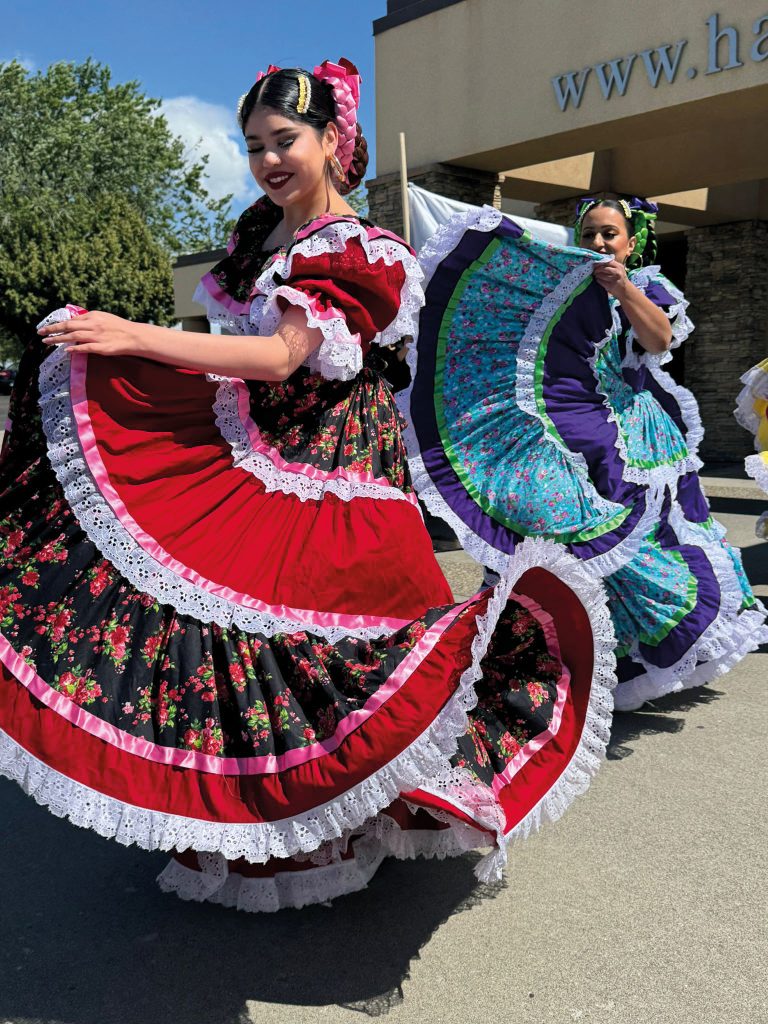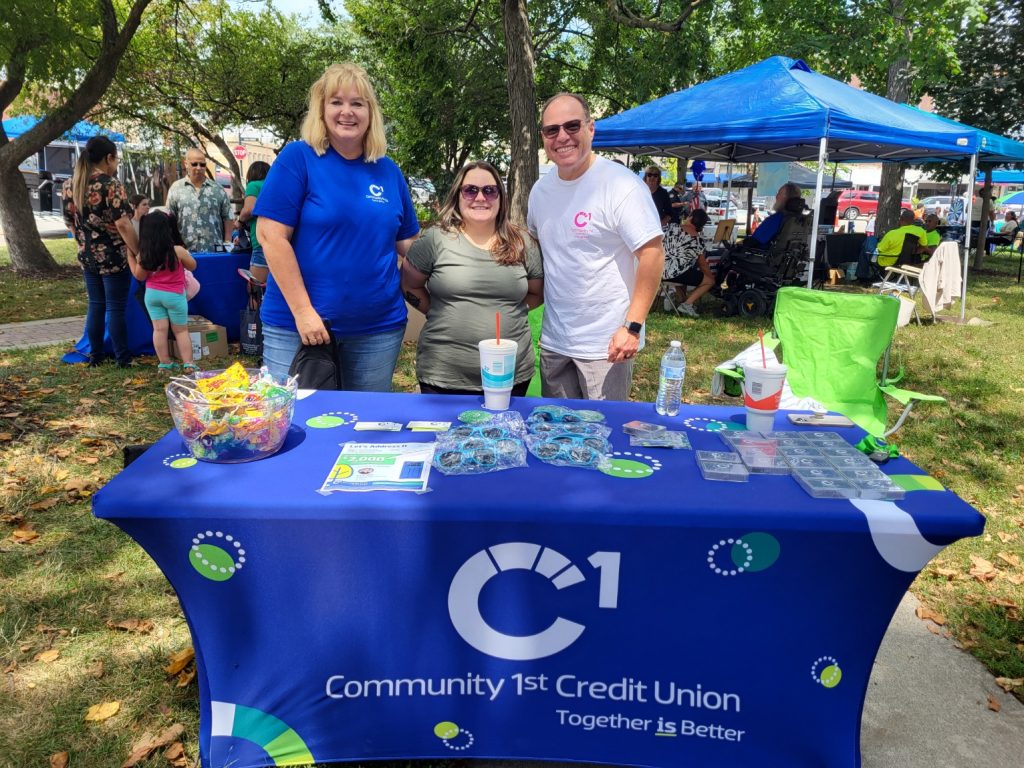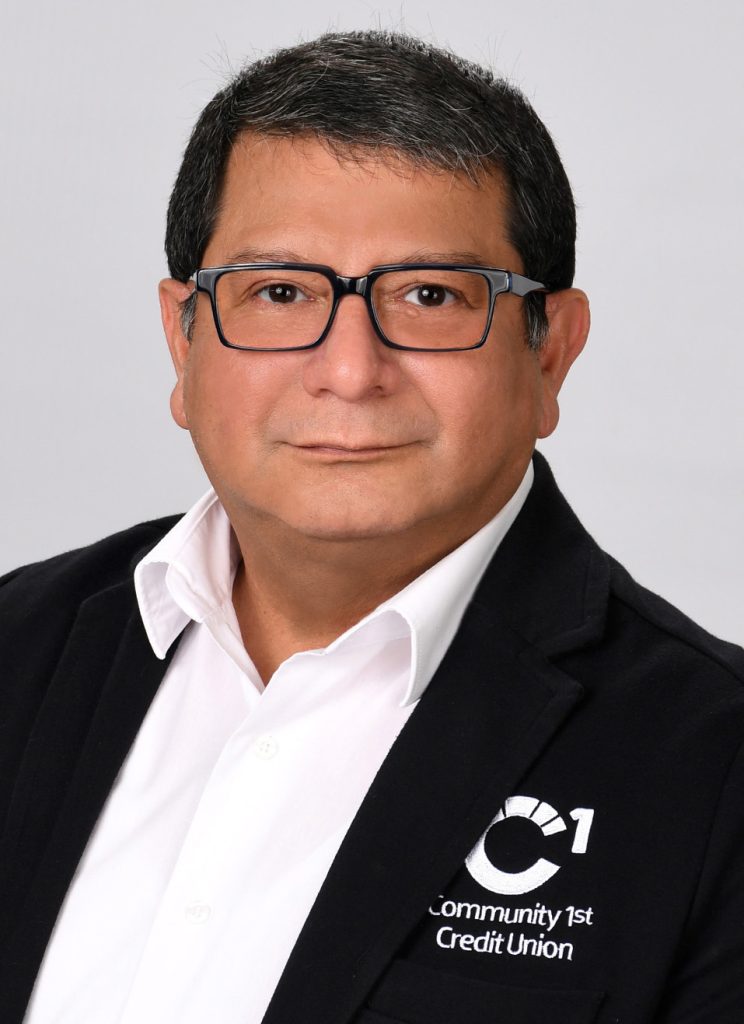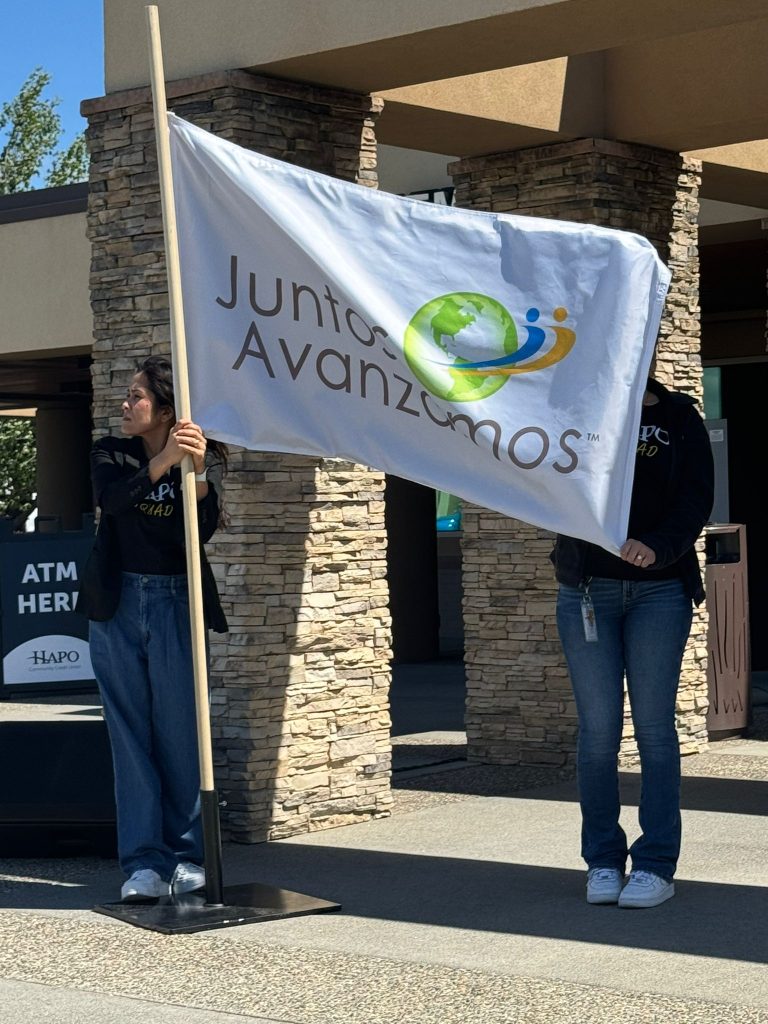Juntos Avanzamos, which in Spanish means ‘Together We Advance’, is a designation for US credit unions committed to serving and empowering Hispanic and immigrant consumers with accessible and culturally appropriate financial services.
The US Latin American and immigrant market is huge and complex. Totalling 64 million, if the Hispanic population of the US was a nation, it would be the second-largest Spanish speaking country in the world, with a GDP of $2.8tn.
Some 14% of the US population is foreign-born, with 24% of this figure coming from Mexico. At the same time, 79% of Latinos are US citizens, over half of all immigrants in the US are naturalised citizens and more than 8 million are eligible for citizenship.
Despite the significant size and strength of these interconnected demographics across the US, Latin American and immigrant communities continue to be underserved by their financial institutions; 60% of Hispanic people in the US are either unbanked or underbanked, facing a range of legal, material and cultural barriers, according Federal Deposit Insurance Corporation (FDIC) figures.
The Juntos Avanzamos programme was launched in 2005 by the Texas Credit Union League and the World Council of Credit Unions, to teach Hispanic consumers about credit unions. But as more was uncovered about the barriers facing different communities in the world of finances, Juntos Avanzamos was expanded to form a comprehensive financial inclusion framework led by Inclusiv.

The aims of Juntos Avanzamos are to engage credit unions with a commitment to serving Hispanic and immigrant communities, promote the standardisation of products and services available to these groups, and share best practices for credit unions serving these markets.
Credit unions receiving the Juntos Avanzamos designation are expected to adhere to a set of criteria in the way they work, including making their information available in Spanish as well as English, offering flexible loan underwriting and accepting different types of identification documents. Juntos Avanzamos credit unions should also employ bilingual and culturally competent staff who are able to communicate effectively with different Hispanic customers.
According to Pablo DeFilippi, executive vice president at Inclusiv – the apex for US community development credit unions – cultural competency “is about making sure the credit unions recognise the diversity of the market they’re trying to reach, and have people who understand that market and represent that market. That is really important to build trust.
Related: Credit unions tackle community development challenge at Abcul conference
“Words have different meanings within the Spanish language. For example in Chile, we will call a checking account a ‘cuenta corriente’, in Mexico it would be something slightly different. So part of this is to make sure that you’re using the right vocabulary to make that connection with that market, and also to make sure that people in the marketplace feel represented.”
This idea of representation is important at all levels of the credit union, says DeFilippi.
“We want to make sure that credit unions have personnel that is reflective of that community, but also at the board level, and that the management of the credit union understand that it is not enough to hire tellers or loan officers, but that really to understand and gain the trust of the community, the community has to be represented at the board level too.”
Today, Juntos Avanzamos consists of 145 credit unions across 33 states, serving over 12 million customers via more than 1,300 branches.
“The biggest challenge that we see is not in the marketplace itself, but in the political space, when you have political candidates that are demonising our community, instigating fear in many parts of the country”, says DeFilippi.
“That’s been a challenge, although we have to say that under the Trump administration, Juntos Avanzamos grew faster than before, because we believe that people are not being persuaded by this type of narrative.”
DeFilippi shares some examples of places where, “on a day-to-day basis, immigrants really help build communities, especially rural communities, where you have people living in small towns. The people who are keeping some of those towns alive are immigrants.”
One such example is Iowa, where an ageing population means that migrant labour is vital for the local economies, particularly in rural areas.

“The immigrant population is growing fast here in Iowa,” says David Suarez, bilingual community development manager at Community 1st Credit Union (C1st), “and the reason for that is because our workforce is a little bit older right now, and the young generation, they prefer to go somewhere else – you know, to Chicago, LA, New York, the big cities. They don’t want to live in Iowa any more.”
Within this context, Suarez says, “we saw the opportunity for us, not only to do something good for the community, but also a business opportunity, to grow as a credit union”.
In 2018, C1st became the first credit union to receive the Juntos Avanzamos designation. Since it connected with the network, Suarez says C1st has been able implement significant changes to better serve their customer base.
“I attended a webinar with Inclusiv,” he adds, “and they were talking about ‘ITIN numbers’. When somebody comes to the United States without the proper documentation, they cannot have access to a work permit, for example, or any other benefit from the federal government, and that includes opening accounts. That is terrible, because they have practically nothing here in the United States.

“So the IRS creates these ITIN numbers, which stands for ‘Individual Taxpayer Identification Number’, for people without work permits, so they can annually declare their taxes with the IRS, and, with that number, we can open accounts for them.
“I hear that in that webinar, and I say, ‘Well, that is great, because we have a lot of people in that situation here in Iowa’. After doing some more research, and understanding the whole process, I applied with the IRS, and now we can not only accept the ITIN number for opening accounts, but people with ITIN numbers can have access to all our services and financial products, everything – even if they want to apply for a mortgage, they can do it with their ITIN numbers.”
Interview: Cathie Mahon and Pablo DeFilippi on community development credit unions
C1st is now an IRS-certified agent that can offer free support to any applicant wishing to obtain an ITIN number. But, says Suarez, for customers to seek options such as this, they need to be aware they exist – which is where the credit union’s outreach and financial education work comes in. C1st partners with a variety of different organisations, from employers to festivals, to spread the word about its services to the different communities it serves.
“It’s very important for me in my daily work, to work in partnership with my community partners”, says Suarez. “I am working with churches, with community organisations, Latin organisations, anybody who wants to serve the underserved or low-income families or individuals will be my natural partner.”
Taking part in the Juntos Avanzamos programme has proven a smart move for credit unions involved. Those receiving the designation grew their memberships by 28.1% more than credit unions that didn’t, and experienced 39.9% higher increases in loans and assets.

Suarez explained that for C1st, “between the year before we joined the Juntos Avanzamos programme, and now, we doubled our number of Hispanic members. We had 4% when we started the programme, and now it’s 8% of our membership. So it’s a great idea, not only to be inclusive, to be good and to be kind people – but it’s also a business case. It’s a business strategy to grow as a credit union.”
DeFilippi agrees: “The whole idea about Juntos Avanzamos is that serving Latinos is both a moral imperative and a business opportunity, where you can actually do well by doing good. So there’s no contradiction between being a responsible lender and, at the same time, meeting the needs of communities that are historically vulnerable.”
Suarez explains that through all of the individuals C1st has been able to help through Juntos Avanzamos, a ripple effect has been felt in the wider community. “When they have the opportunity to buy a house, or if they have the opportunity to buy a car or something under their own name – that changes everything in the life of that family. They are people – so they attend church, they have their work. You can see the impact in the community, because they generate prosperity.”
For DeFilippi, this all feeds into Inclusiv’s wider mission of helping low- and moderate-income people and communities achieve financial independence through credit unions, and the wider impact this creates.
“We believe that credit unions have a much bigger role to play than just in the transactional financial services space. We look at financial services as tools for people to achieve financial security, for people to build assets, for communities to become safer, more resilient.”
DeFilippi shares the story of Latino Community Credit Union based in North Carolina.
“They started in 2000 and they now have over $1bn in assets, with 150,000 members. But the reason they became so successful is because they addressed a social problem back in the day.
“Immigrants were paid every week, and they were called ‘walking ATMs’, because people knew that if you were short on money, you could just grab one of these immigrants, get some cash and do whatever you wanted to do. The police refused for years to address that issue, because who cares? These are immigrants that are undocumented.
“They started caring when crime rates went up, and then property values started to go down. When property values go down, tax collection goes down. And guess what? That affects police budgets. And only then they realise, ‘Oh, here we have a problem. We have to do something.’ And the community collectively decided, let’s not just hire more police, let’s create a credit union that could actually get the money off the streets into safe places, and that’s how Latino Community Credit Union came to be.
“Years later, there was a study done by the University of Virginia, and they really made that economic argument about financial inclusion, an argument that Republicans and conservatives finally could understand, which is, it’s in your best interest to make sure that people have access to safe financial services, because you are reducing crime. Without so much cash in the streets, you don’t have as much crime, which means that the community is safer, and property values are stable. So there’s a whole domino effect, and that’s been for us, one of the pillars of the work that we do at Inclusiv.
“Financial inclusion is important not only for the consumer, it’s also for the community.”

